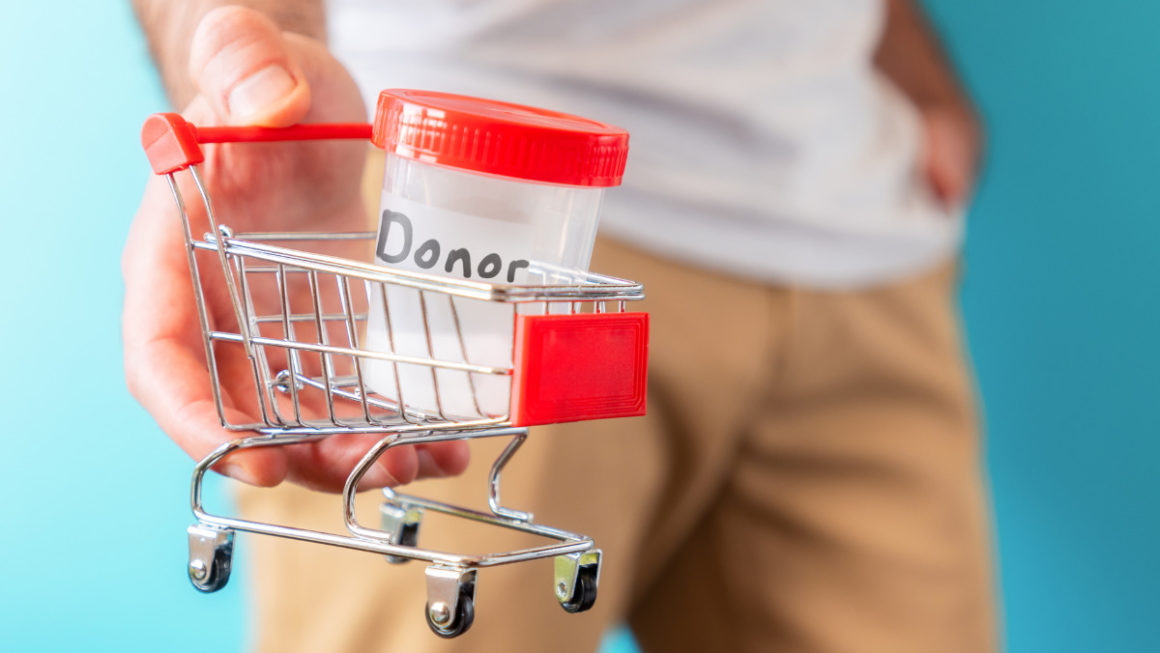Becoming a parent through donor insemination can be an exciting and fulfilling journey for many individuals and couples. It offers the opportunity to create a family and experience the joys of parenthood. However, like any medical procedure, it’s essential to understand and be aware of the potential risks and dangers associated with donor insemination. In this blog post, we will explore some of the important considerations and potential dangers involved in the process.
Medical Risks
Donor insemination is generally considered safe, but it’s crucial to acknowledge the medical risks involved. Some potential risks include:
- Infection: There is a small risk of infection associated with the insemination procedure. Fertility clinics take extensive measures to minimize this risk, but it’s important to follow all post-insemination care instructions and report any signs of infection promptly.
- Multiple pregnancies: Donor insemination can result in multiple pregnancies, such as twins or higher-order multiples. Multiple pregnancies carry a higher risk of complications for both the mother and the babies, including preterm birth, low birth weight, and gestational diabetes.
- Ovarian hyperstimulation syndrome (OHSS): In cases where ovarian stimulation is used to increase the chances of pregnancy, there is a risk of OHSS. This condition occurs when the ovaries overrespond to the fertility medications, leading to abdominal pain, bloating, and potentially serious complications. Close monitoring by the medical team can help mitigate this risk.
Emotional and Psychological Considerations
The emotional and psychological aspects of donor insemination can also present challenges and potential dangers. It’s important to be aware of the following:
- Emotional rollercoaster: The journey of donor insemination can be emotionally intense, with highs and lows throughout the process. The anticipation, uncertainty, and waiting for results can take a toll on emotional well-being. It’s crucial to have a strong support system in place, which may include friends, family, or a therapist specializing in fertility issues.
- Identity and disclosure concerns: If you choose to use a donor sperm, questions of identity and disclosure may arise in the future. It’s important to consider how you will handle these discussions with your child and navigate potential emotional complexities that may arise as they grow older.
- Unrealized expectations: While donor insemination offers the possibility of parenthood, it doesn’t guarantee a successful pregnancy or the desired outcome. Dealing with the disappointment and grief that may accompany unsuccessful attempts can be emotionally challenging. Preparing yourself emotionally for the possibility of multiple attempts or alternative family-building options can help manage these expectations.
Ethical and Legal Considerations
There are ethical and legal aspects to consider when pursuing donor insemination:
- Donor anonymity: Depending on the jurisdiction, the availability of anonymous donors may vary. Some countries have legislation that prohibits or limits donor anonymity, allowing donor-conceived individuals to access their genetic information when they come of age. It’s important to understand the laws and regulations regarding donor anonymity in your specific location.
- Informed consent and transparency: Ensuring that all parties involved, including the donor, fully understand the legal implications, rights, and responsibilities is crucial. It’s essential to work with a reputable fertility clinic that follows ethical guidelines, provides proper informed consent procedures, and maintains transparency throughout the process.
- Legal parentage: Establishing legal parentage can be complex in cases of donor insemination, particularly for single parents or same-sex couples. Consulting with a reproductive law attorney can help navigate the legal requirements and ensure the appropriate legal protections are in place for all parties involved.
While donor insemination can be a viable option for individuals and couples seeking parenthood, it’s essential to be aware of the potential risks and challenges associated with the process. Understanding the medical risks, emotional considerations, and ethical and legal implications can help individuals make informed decisions and navigate the journey with greater awareness and preparedness. By seeking support, consulting healthcare professionals, and engaging in open discussions, individuals can mitigate the potential dangers and increase their chances of a positive and fulfilling donor insemination experience.




